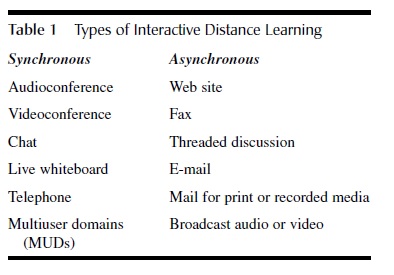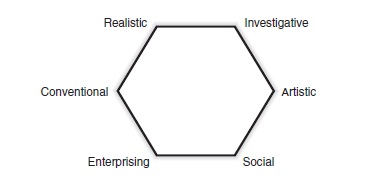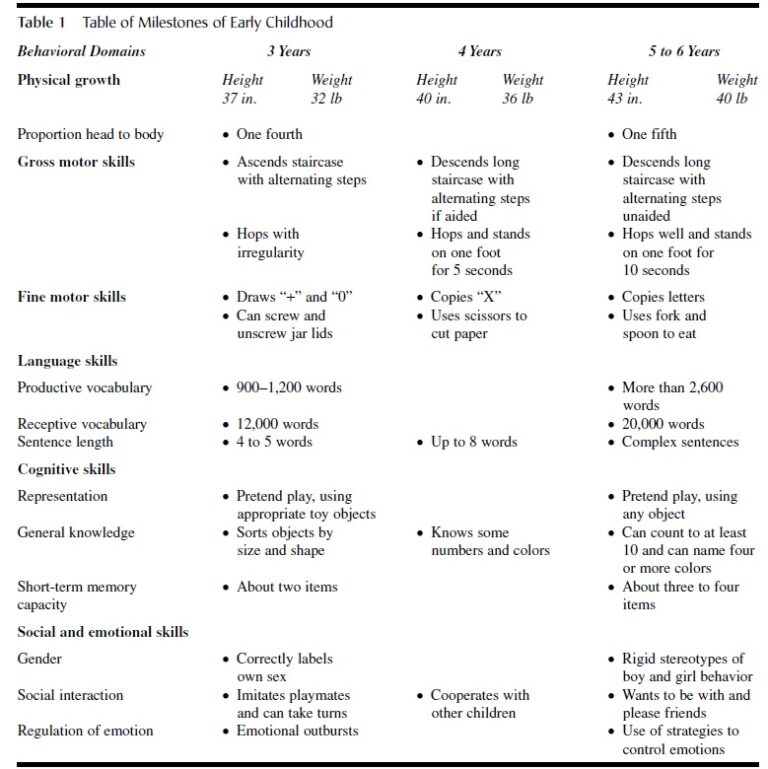Depression
The depressive disorders are characterized by a persistent sad or unhappy mood. Sometimes these disorders are referred to as the...
Read More
Development
Development is systematic change over time. In humans, development is the sequence of physical and psychological changes that occurs as...
Read More
Developmental Direction
The principle of developmental direction, one of Gesell’s five principles of maturation, assumes that development is not random but proceeds...
Read More
Developmental Disabilities
The 9 months that precedes the birth of every child involves an amazing process. From the moment an egg is...
Read More
Developmental Quotient
A development quotient (DQ), most frequently used with infants or preschool children, is a numerical indicator of a child’s growth...
Read More
Diagnostic and Statistical Manual of Mental Disorders
Use And Application The DSM establishes diagnoses along five axes. These axes are as follows: Axis I: Clinical disorders Axis...
Read More
Dialectical Thought
Dialectical thought involves seeking a synthesis of two or more seemingly opposing viewpoints. Throughout our lives, our views about how...
Read More
Discipline
The term discipline is used variously in the literature. The more restrictive view of discipline is to define it as...
Read More
Distance Learning
Distance learning occurs when instructors and learners are separated by space and possibly time. Distance learning is part of a...
Read More
Free Association
Free association is an inadequate translation into English of the German term freier Einfall (meaning “free irruption”), which Sigmund Freud...
Read More
Gay, Lesbian, and Bisexual Therapy
In most cases, gay, lesbian, and bisexual (GLB) clients seek out counseling and therapy for the same reasons that heterosexual...
Read More
Group Therapy
Group Therapy Definition Group therapy is a form of psychotherapy where one or more therapists treat a small group of...
Read More
Divorce Mediation
Divorce mediation is the use of a third-party neutral mediator who assists parties in developing their own financial and parental...
Read More
Harmful Psychological Treatments
A widely accepted credo among medical and mental health professionals, attributed to the Greek physician and “father of medicine” Hippocrates,...
Read More
Domestic Violence
Every family has conflict, but families differ in the ways they resolve arguments, disputes, and disagreements. For some families and...
Read More
High-Context Communication
Anthropologist Edward T. Hall introduced the construct of high-context (HC) communication to describe the degree to which people rely on...
Read More
Donor Insemination
Although an inadequate number of sperm contributes to approximately a third of all infertility, there had been little, if any,...
Read More
Holland’s Theory
The origin of John L. Holland’s theory of vocational personalities can be traced back to his 1966 publication Psychology of...
Read More
Down Syndrome
Down syndrome is a chromosomal disorder that affects more than 350,000 U.S. citizens. Down syndrome ranks second to fragile X...
Read More
Homework Assignments
Homework assignments are tasks that clients in counseling and psychotherapy work on between treatment sessions. Examples include having a depressed...
Read More
Drunk Driving
Drunken driving motor vehicle crashes remain a leading cause of death and injury to people in the United States. In...
Read More
Humanistic Approaches
Humanistic approaches to counseling include a number of theoretical viewpoints. The dominant perspectives in this category are person-centered therapy and...
Read More
Dual-Earner Households
One of the most significant transformations over the past 50 years has been the growing proportion of women earning an...
Read More
Immediate Feedback
Counseling is a professional and dynamic relationship that requires clinicians to integrate and demonstrate their intellectual and interpersonal skills. This...
Read More
Individual Therapy
The foundation on which individual therapy is based is the natural network of human social relationships. Discussions of personal life...
Read More
Early Childhood
Early childhood is a period of development that spans the ages from 3 to 5 years, between the end of...
Read More
Integrative/Eclectic Therapy
Eclecticism, or integration, is now the most common theoretical orientation among counselors and psychotherapists in the United States. This has...
Read More
Early Intervention Programs
Early intervention can be both broadly and specifically defined. Generally speaking, the term refers to any specialized assistance provided to...
Read More
Interpersonal Learning
Interpersonal learning occurs when individuals, through their interactions with others, acquire self-insight and learn new interpersonal skills. Interpersonal learning is...
Read More
Experimental Realism
Experimental Realism Definition Experimental realism is the extent to which situations created in social psychology experiments are real and impactful...
Read More
Krumboltz Learning Theory
A theory is simply an explanation for understanding how things happen and why. A learning theory about career development explains...
Read More
Experimenter Effects
When scientists conduct experiments, influences and errors occur that affect the results of the experiments. Those influences and errors that...
Read More
Ecological Theory of Development
There have been many different approaches to explaining development, but one especially has tried to deal with the importance of...
Read More
Low-Context Communication
Anthropologist Edward T. Hall introduced the construct of low-context communication to describe the degree to which people rely on contextual...
Read More
Robbers Cave Experiment
Robbers Cave Experiment Definition The Robbers Cave experiment demonstrated that an attempt to simply bring hostile groups together is not...
Read More
Metaphors Use
Metaphor is a form of figurative language, often described as facilitating the understanding of one thing in terms of another....
Read More
Stanford Prison Experiment
The Stanford Prison Experiment (SPE) is a highly influential and controversial study run by Philip Zimbardo and his colleagues at...
Read More
Ego Development
Ego development refers to the evolution of a personality construct that synthesizes experience into a coherent sense of how individuals...
Read More
Mindfulness in Counseling
Mindfulness refers to a meditative practice most commonly associated with Buddhism that dates back to 25 centuries ago as part...
Read More
Stanley Milgram’s Experiment
Stanley Milgram was one of the most influential social psychologists of the twentieth century. Born in 1933 in New York,...
Read More
Egocentrism
Our everyday conception of egocentrism involves people behaving “selfishly” or failing to be “considerate” of others. While egocentrism does in...
Read More







